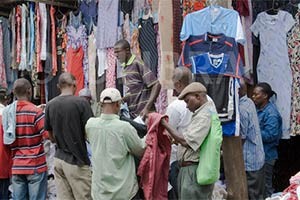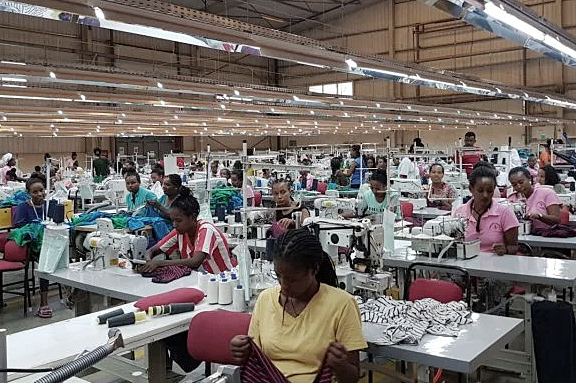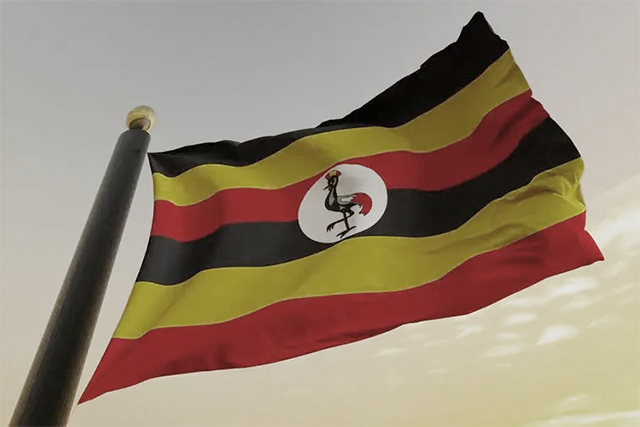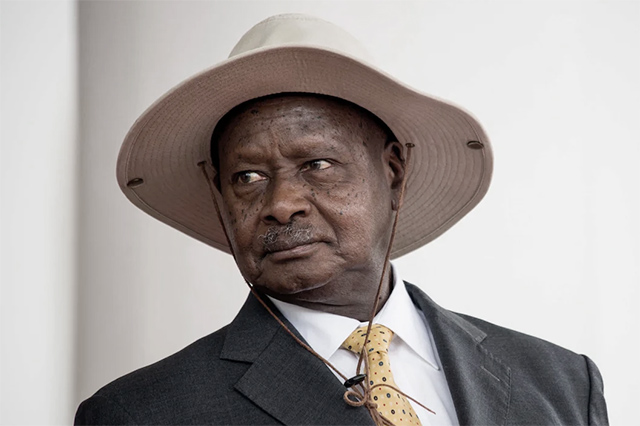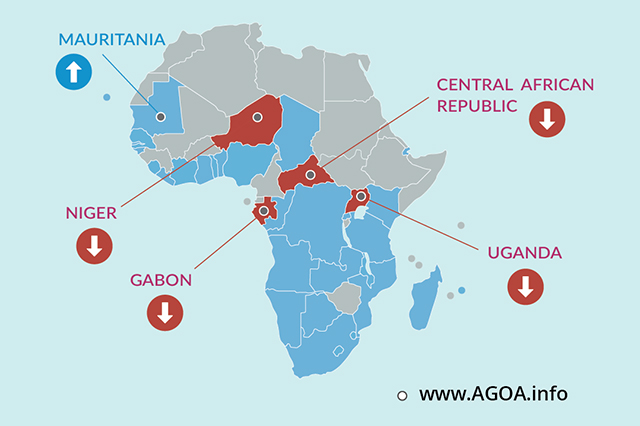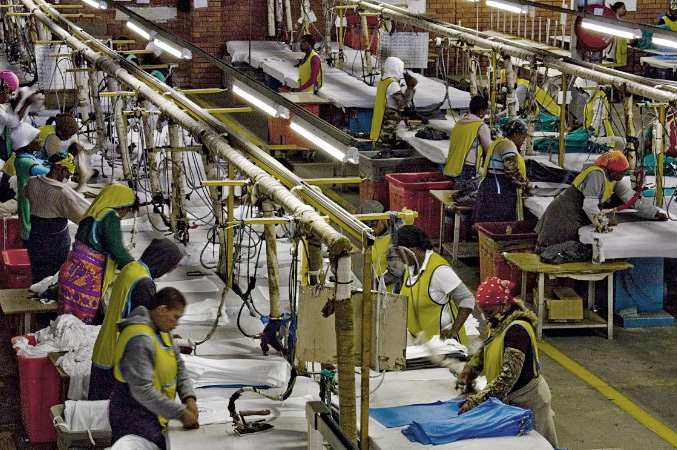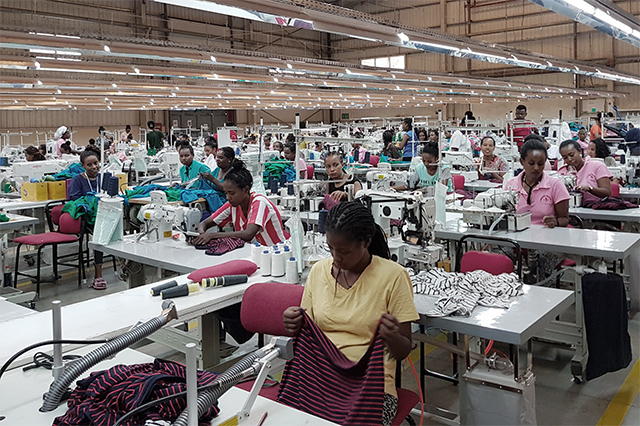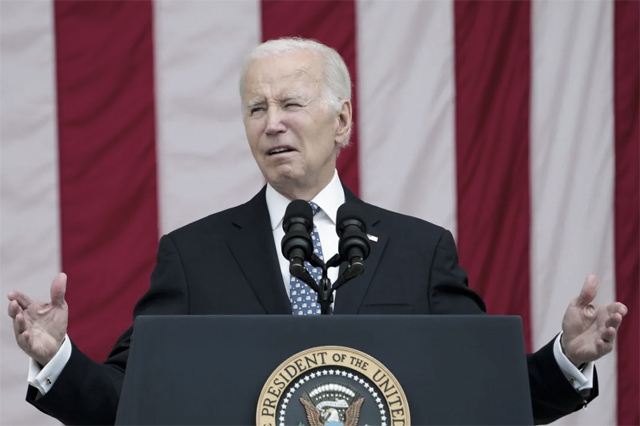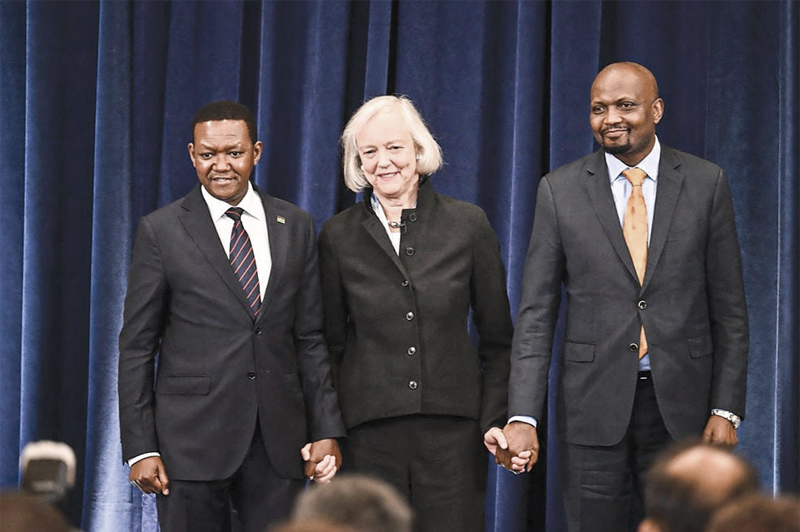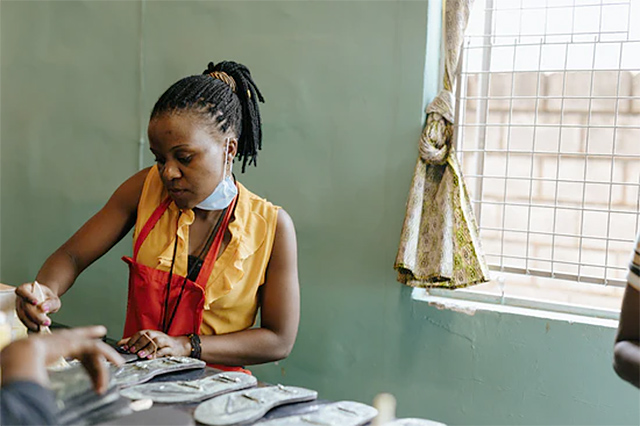Uganda: Ban second-hand clothing imports to grow local industry
In 2003, the government proposed a ban on mivumba (imported second hand clothes). The aim was to create domestic demand for textiles made in Uganda, including those by the Bugolobi-based Tri-Star Apparels factory. The latter, although owned and managed by a Sri Lankan, was President Museveni’s brainchild. Mr Museveni wanted Ugandans to be among the first to seize the opportunity to break into the American market after successful negotiations for Africa’s increased market share in the Western world under the African Growth Opportunity Act (Agoa) mechanism.
To majority of Ugandans, whose post-independence clothing had largely rotated around mivumba, the proposal to ban them was wrong. Indeed, the government was forced to drop the idea and to date, mivumba form the bulk of Uganda’s textile market. It is ironical that Ugandans expected to sustainably produce anything for a first world market without taking any initiative to be part of the consumers!
In my view, it was populist to drop that excellent idea and, in fact, the government could have achieved its ultimate goal by progressively increasing taxes on mivumba while at the same time instituting trade restrictions on others. Also, the fact that most of our decision makers, their spouses or relatives are involved in mivumba business means they are working hard to fail any possible changes. Yet, if implemented, the ban would have saved Uganda’s market that is currently littered with textiles, many of which can’t give value for money.
There are no exact figures on how much Ugandans spend on mivumba annually. But available data from Uganda Revenue Authority puts annual revenue collection from mivumba (clothes alone) at Shs37 billion (average). Of course, this is just a small fraction of what our people spend on the second hand clothes. I am sure this money, if saved, would be enough to build many textile industries. Moreover, we also lose jobs annually by exporting our cotton as a raw material. Considering Uganda’s potential to grow sufficient cotton to clothe the whole East African Community, there is no reason, whatsoever, as to why this country should spend billions on mivumba every year. As a country, we have potential for hides and skins that can satisfy the domestic leather market. Why then do we continue to waste such opportunities and subject Ugandan farmers to perpetual poverty by exporting these raw materials only to wait to spend, even more, on expensive imported mivumba?
I know some people will argue that we are operating in a liberalised economy where market forces are final. What they, however, ought to know is that to a reasonable extent, this approach has also liberalised poverty. There can never be demand for what clearly won’t be in good supply. In order to create a balance of trade, therefore, certain revolutionary economic decisions have got to be made by our leaders. We must, for example, ring-fence the market for domestic products just like the western world markets have been doing to African products. The fastest way to achieve vision 2040 is to ensure all products our people consider basic to them are domestically produced. There is no shortcut.
By Moses Nuwagaba


